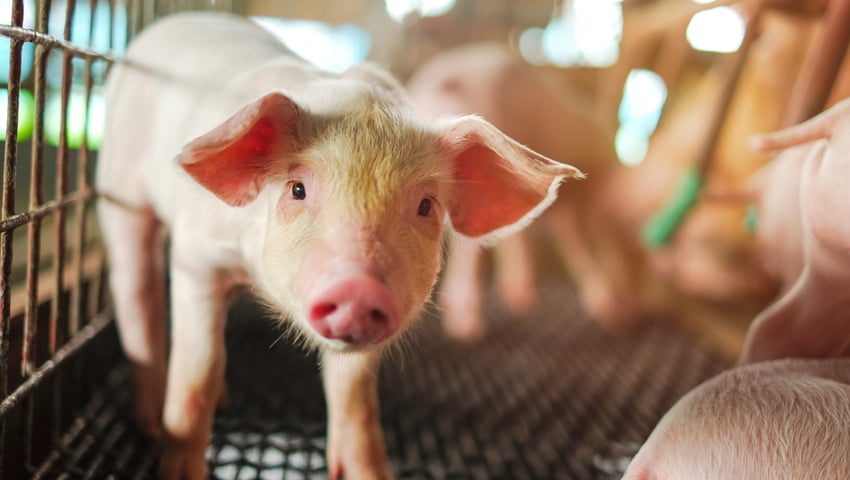Article by Øistein Thorsen, Chief Executive of FAI Farms
Encouraging progress has been made over recent years to reduce antibiotic use in food-producing animals. On a global scale, the most recently reported figures show a 13% decrease between 2017 and 2019, while antibiotic sales showed a 21% reduction across 25 European countries. In the UK, antibiotic use was at the lowest level recorded at the end of 2023 according to the government’s Veterinary Medicines Directorate.
But are these outstanding achievements under threat with the downgrade of macrolides in the latest World Health Organisation (WHO) classification of medically important antibiotics? Macrolides have moved from being classed HP-CIA to “critically important antibiotics”.
The WHO list of medically important antibiotics is part of its attempts to manage the global risk posed by antibiotic resistance (AMR). First published in 2005, it is updated regularly following a period of consultation and thorough examination of the latest science. It is in the most recent list, published in February, that macrolides have been re-classified.
Outlining FAI’s response to the re-classification, Laura Higham, FAI’s Veterinary Consultant said, “We welcome WHO’s ongoing work in this critical area and respect any re-classification as a reflection of the current evidence. However, our concern lies in the unintended consequences of it.
“There is a real danger the move of any antibiotic down a category could be seen as a ‘green light’ for its increased use or use for disease prevention. But macrolides remain a critically important antibiotic indicating their use should still be minimised.
From pigs to poultry, the update is important for many food and farming sectors.
Higham said, “In some countries, significant momentum has been achieved in antibiotic stewardship in farmed animal sectors in response to the well-recognised public health concerns around AMR. Great progress has also been made by many food brands adopting progressive antibiotics policies for their international supply chains, often applying restrictions to HP-CIAs according to their WHO categorisation.
“The food and farming sectors where this is happening should be applauded for their commitment to these endeavours, but this positive trajectory must continue if we are to conquer the global challenge of AMR and mitigate its risk to human, animal, and environmental health.
“Robust food systems only use antibiotics when necessary to treat sick animals. We urge food producers to continue the progress we’re seeing through measures to reduce disease risk and the need for treatment, such as vaccination, robust higher welfare breeds, reducing stress during production and adopting agro-ecological approaches.”
FAI CEO Øistein Thorsen added, “We are working with clients to update their antibiotic policies and continue to stress the need to reduce, replace and refine the use of all antibiotics. The responsible use of antibiotics remains paramount.”
